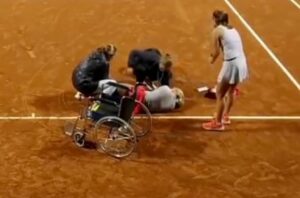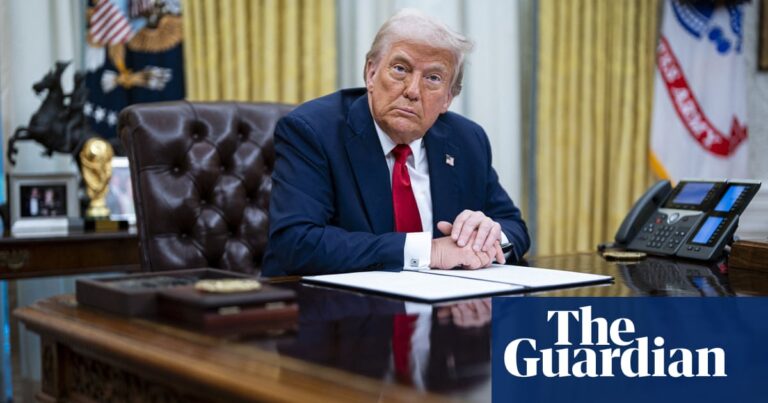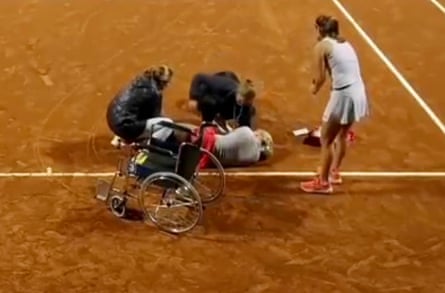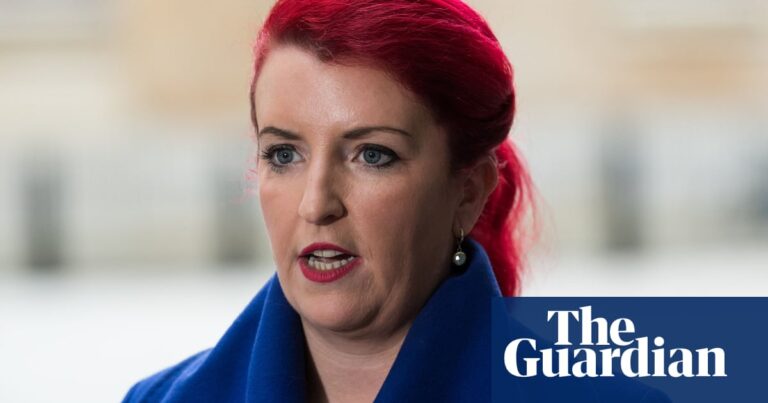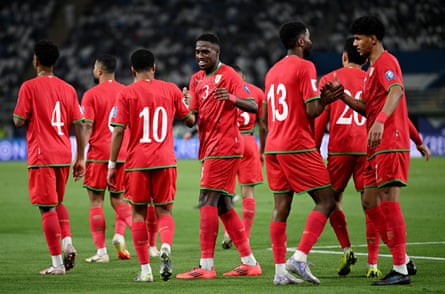
The verdict for South Africa’s accusation of Israel committing genocide in Gaza will be announced by the international court of justice in The Hague on Friday. The global community is anticipating whether the judges will mandate a ceasefire.
During a two-day hearing, South Africa requested that the court issue temporary measures mandating Israel to cease their military actions in Gaza. This campaign was initiated following the 7 October assaults by Hamas.
Approximately 1,200 Israeli citizens lost their lives in the attacks that occurred on October 7th. 240 individuals were also taken captive, with about 129 of them still remaining in captivity. The number of casualties in the Gaza assault has reached nearly 26,000, primarily women and children. An additional 7,000 people are believed to have perished under the rubble. It is estimated that 85% of the Palestinian population of 2.3 million have been forced to leave their homes.
The decisions made by the court are absolute and cannot be contested. However, the court does not have the authority to enforce these rulings. Israeli Prime Minister Benjamin Netanyahu has stated that “no one can prevent us, not even the Hague.” Nevertheless, if a negative ruling is issued, it could result in penalties and increase pressure on Israel’s allies and military supporters, such as the US. The US had previously deemed the case as lacking merit, but this ruling could compel them to intervene.
The Israeli government spokesperson, Eylon Levy, expressed optimism about the result on Thursday. He told reporters, “We anticipate the ICJ will dismiss these unfounded and misleading accusations.”
Naledi Pandor, the foreign minister of South Africa, is traveling to The Hague to attend the ruling, indicating the claimant’s assurance as well.
The convention against genocide, created in 1948 following the mass killing of Jews during the Nazi Holocaust, states that it involves “actions carried out with the purpose of destroying, either completely or partially, a national, ethnic, racial, or religious group.” In order for temporary measures to be put in place, it is not required to prove that genocide has taken place, but rather that some of the alleged actions could potentially fall under the criteria of the convention.
During the court proceedings, Adila Hassim, a lawyer from South Africa, accused Israel of committing genocidal actions. These actions included the large-scale killing of Palestinians, causing severe physical and psychological harm, intentionally creating living conditions that would lead to the destruction of Gaza, and launching a military attack on Gaza’s healthcare system.
She stated to the court, “The only way to end this suffering is through an order from this court. Without provisional measures, the atrocities will persist, as the Israel Defense Forces have announced their intention to continue this course of action for at least a year.”
In addition to an instant halt to hostilities, South Africa requested the court to mandate actions preventing the denial of sufficient food and water, humanitarian aid, and medical resources.
Israel has refused to agree to a ceasefire and maintains that it will continue its mission of eliminating Hamas. The country believes this is necessary to guarantee the safety of its citizens.
Tal Becker, the legal advisor for the Israeli foreign ministry, stated to the court that Israel has the right to defend its citizens and secure the release of hostages in response to the recent attacks from Hamas and their threats to continue such actions. This right is not up for debate.
At 1pm local time (1200 GMT), the decision will be announced by Joan Donoghue, the president of the court and an American judge.
The ICJ focuses on prosecuting states rather than individuals, unlike the international criminal court which is also examining claims of war crimes committed by Hamas and Israel.
Source: theguardian.com


